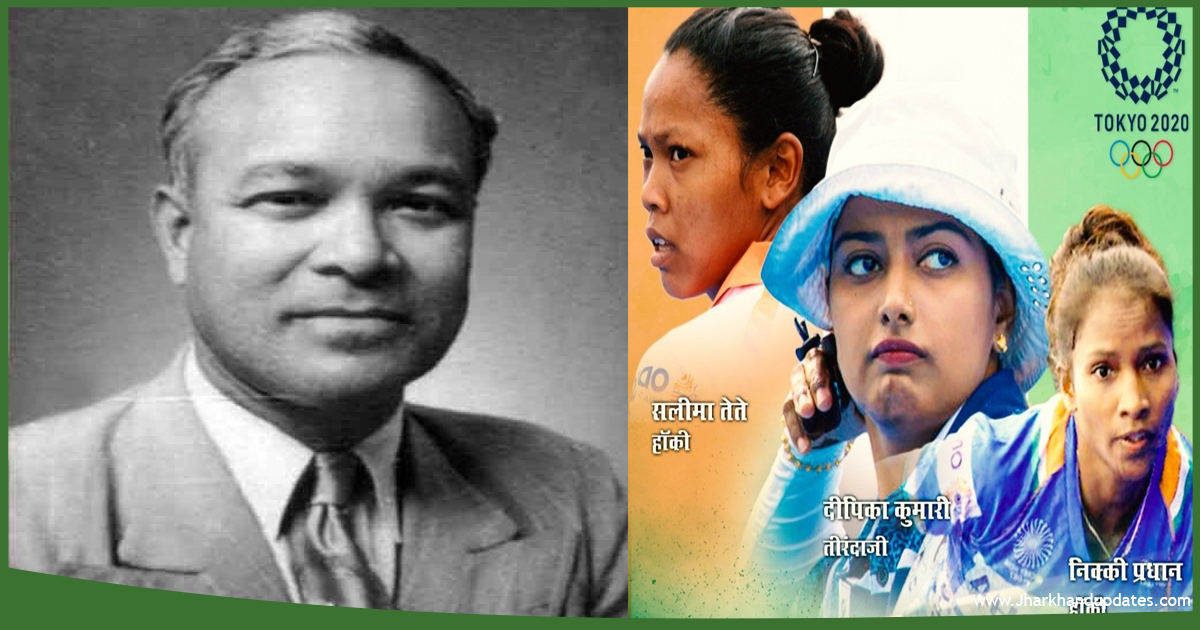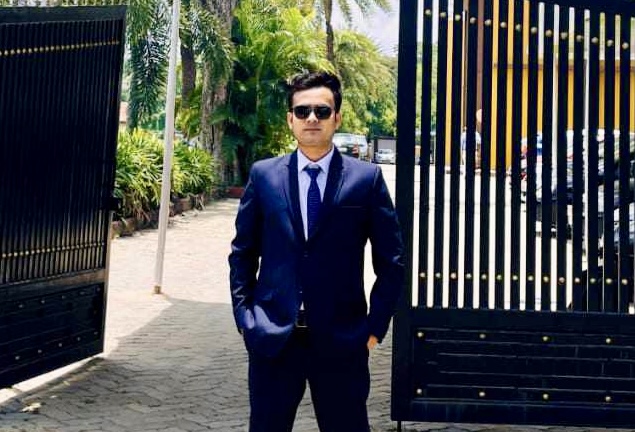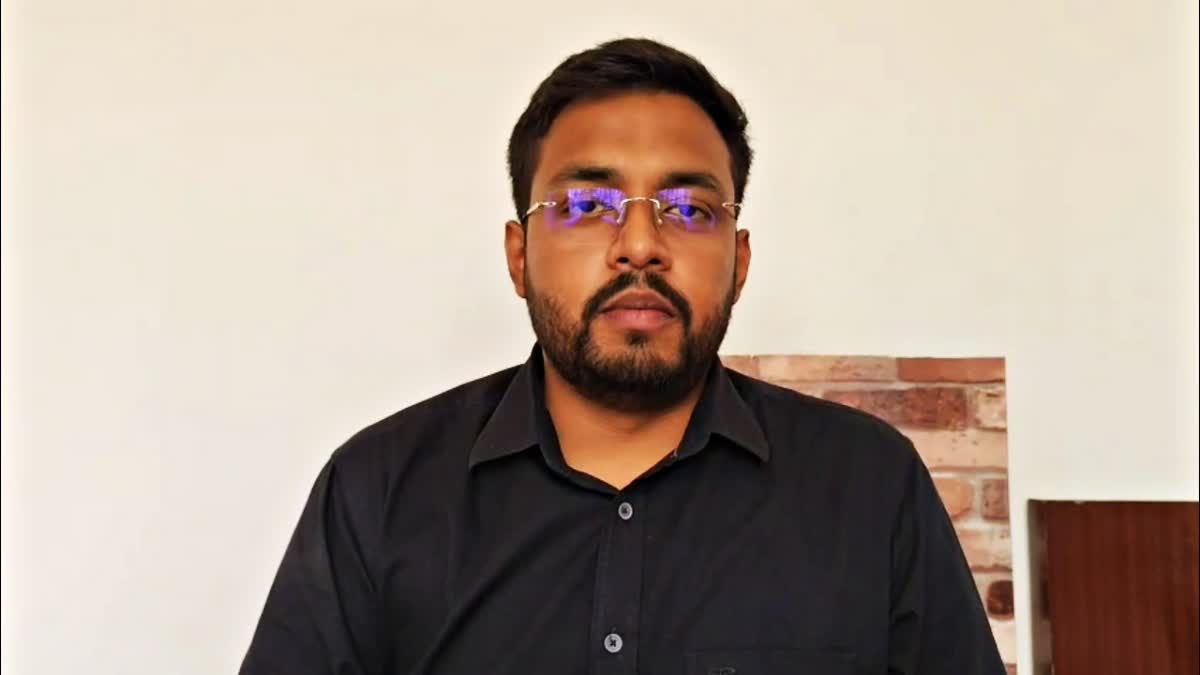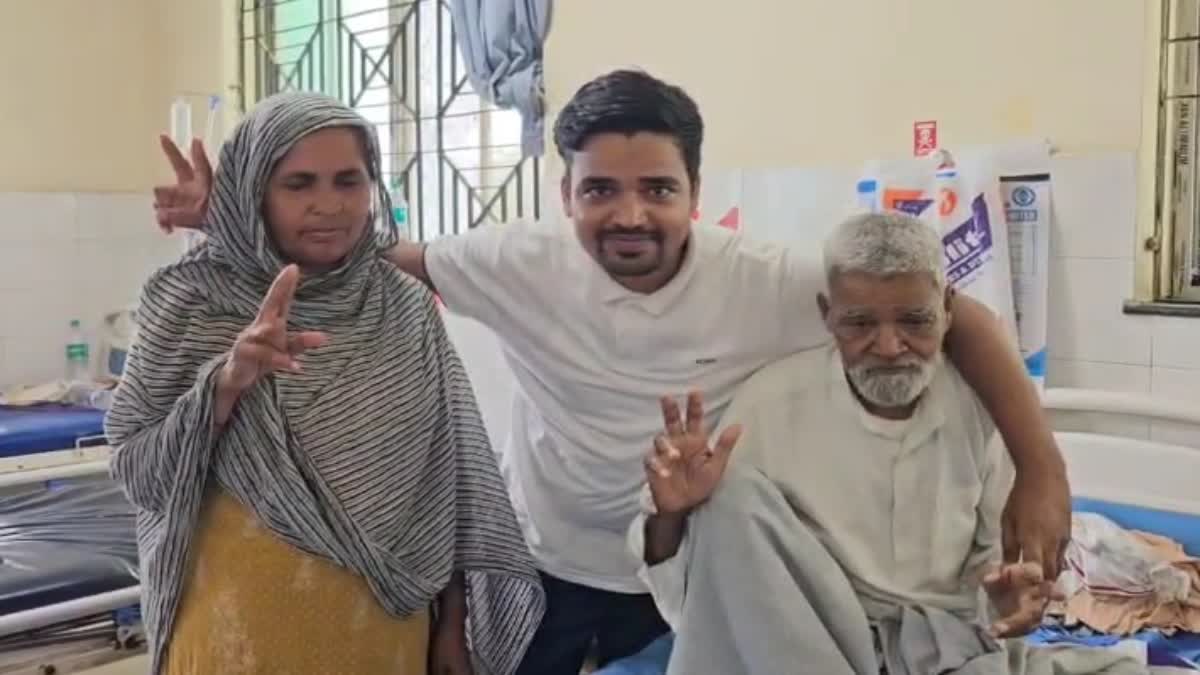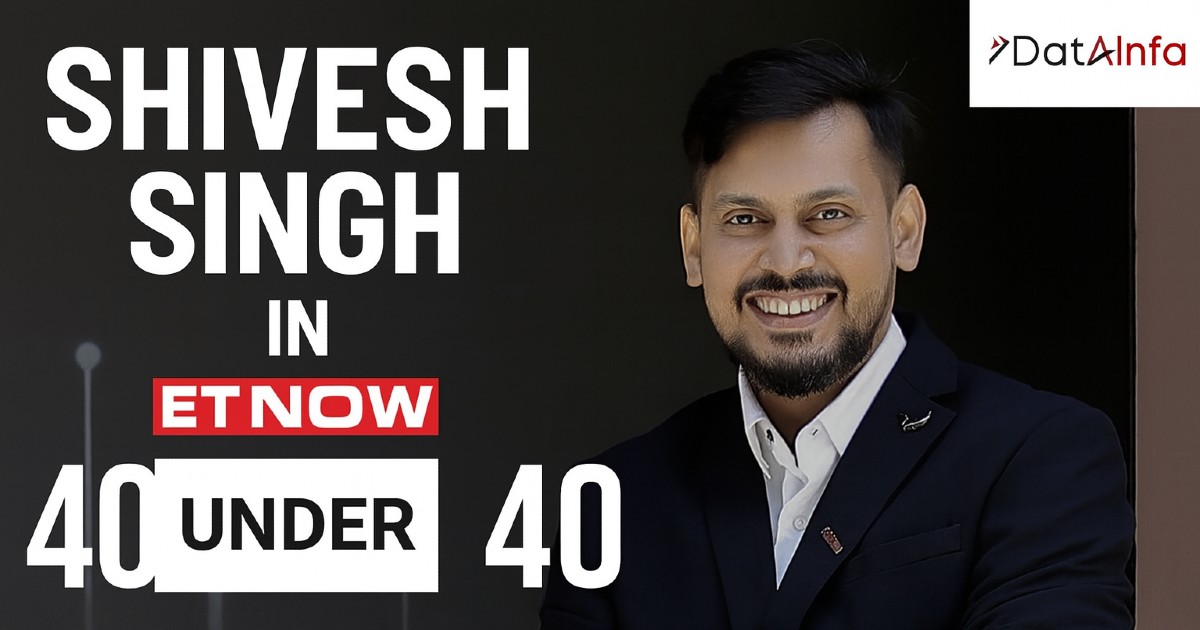Today as the Tokyo Olympic games begin and the whole of India sets its attention on elusive Gold medals, it is a worthy opportunity to remind ourselves of India’s first Olympic Gold. It is also noteworthy that India will be represented in the Tokyo Olympics by Jharkhand’s star daughters. Dipika Kumari will be fighting for a medal in Archery while Nikki Pradhan and Salima Tete will try to strike Gold for India in hockey.
The 1928 Amsterdam Olympics will forever hold a special significance in the sports history of India. It was the first occasion when India for the first time clinched Gold medal at the Olympic games.
India entered the games as early favourites. So much so that, as the legend goes, the British who used to rule over India then, did not enter the competition fearing that their colony, India may defeat them. The Indian hockey team was being led by Jharkhand’s and nation’s pride, Jaipal Singh Munda. The fierceness and dominance of the Indian hockey team was such that throughout the tournament they didn’t allow the opposite team to score even a single goal. The Indian team first defeated Austrian team by 6-0. They further trumped Belgium by 9-0 and then Denmark by 5-0. In the semi-final match against Switzerland, the Indian team crushed the opposition by 6-0 and would go on to meet Holland in the finals. In the final match, Indian team handed Holland a 3-0 defeat and won their maiden Olympic Gold medal.
Jaipal Singh Munda was born on 3rd July 1903 in Takrahatu village of Khunti district. He received his early education from St. Paul’s school in Ranchi. The school’s principal of the time, Rev Canon Cosgrave, saw the potential in him and therefore sent him to England for higher education. In 1925 he became the first hockey player to receive the Oxford Blue Award. He was later selected for Indian Civil Service(ICS) but did not complete the training. He became the President of Adivasi Mahasabha in 1938 and raised the demand for formation of a separate state of Jharkhand. He also efficiently raised the tribal issues amongst people for the betterment of tribal communities. In 1952 he was first elected as a Member of Parliament(MP) from Khunti constituency and was a 3 times MP in total. He worked for the betterment of tribals throughout his life.

